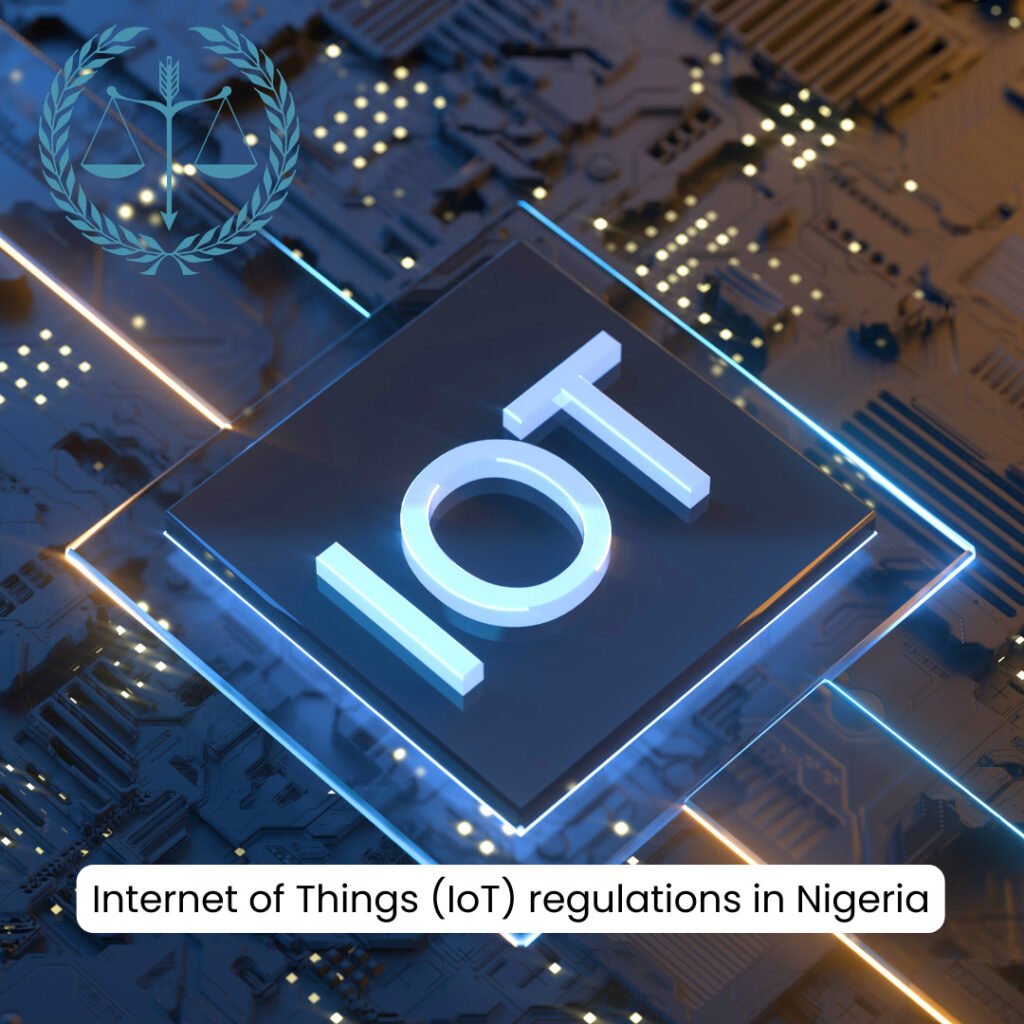Internet of Things (IoT) Regulations in Nigeria
The Internet of Things (IoT) is rapidly transforming the way we interact with technology, bridging the physical and digital worlds through interconnected devices. In Nigeria, a nation at the forefront of technological innovation, the proliferation of IoT devices offers tremendous opportunities for efficiency, convenience, and improved quality of life. However, as IoT devices become increasingly integrated into various aspects of daily life, the need for comprehensive regulations becomes evident. Understanding IoT regulations in Nigeria is crucial for harnessing the benefits of this transformative technology while addressing potential challenges. In this article, we delve into the realm of IoT regulations in Nigeria, exploring their significance, challenges, regulatory approaches, and implications for businesses, government, and the broader technological landscape.
The IoT Revolution
The Internet of Things (IoT) refers to the network of interconnected devices, objects, and systems that communicate and share data through the internet. From smart thermostats and wearable devices to industrial sensors and autonomous vehicles, IoT is reshaping industries and enabling a new era of connectivity.
The Significance of IoT Regulations
IoT regulations hold immense significance for several reasons:
- Security and Privacy: Regulations ensure that IoT devices are developed and deployed with robust security measures to protect user data and privacy.
- Interoperability: Standards and regulations promote interoperability among IoT devices, allowing different devices to communicate seamlessly.
- Data Protection: Regulations govern the collection, storage, and processing of data generated by IoT devices, safeguarding sensitive information.
- Ethical Considerations: Regulations address ethical concerns related to IoT, such as transparency, accountability, and the potential impact on human lives.

Challenges in IoT Regulations
IoT regulations in Nigeria come with challenges:
- Rapid Technological Advancements: The fast pace of IoT development may outstrip regulatory efforts, necessitating adaptable and future-proof regulations.
- Lack of Expertise: Developing effective regulations requires a deep understanding of IoT technologies, which may be lacking among regulators.
- Security Risks: Ensuring the security of IoT devices against cyber threats and attacks requires stringent cybersecurity measures.
- Data Sovereignty: As IoT devices collect and transmit data across borders, regulations must address cross-border data flows and data sovereignty concerns.
Regulatory Approaches
Regulatory approaches to IoT can include:
- Security Standards: Establishing security standards and best practices for IoT device manufacturers to ensure secure design and operation.
- Data Protection Laws: Enforcing data protection laws that require informed consent, data anonymization, and user control over data generated by IoT devices.
- Interoperability Frameworks: Developing frameworks that promote interoperability among different IoT devices and systems.
Implications and Opportunities
IoT regulations have implications for businesses, individuals, and society:
- Business Compliance: Organizations must navigate regulations to ensure their IoT devices are secure, ethical, and compliant with data protection laws.
- Innovation and Growth: Clear regulations can foster innovation in IoT technologies while providing a predictable and secure environment for development.
- Consumer Trust: Ethical and responsible IoT practices build consumer trust, encouraging the adoption of IoT technologies.
Charting the Path Forward
The future of IoT regulations in Nigeria holds promise:
- Regulatory Expertise: Building regulatory expertise through collaboration with IoT experts, legal professionals, and industry stakeholders is essential.
- Stakeholder Engagement: Engaging with technology companies, researchers, and civil society can lead to well-informed and balanced regulations.
- Education and Awareness: Educating businesses and individuals about IoT benefits, risks, and ethical considerations can promote responsible usage.
- International Collaboration: Strengthening international cooperation on IoT regulations can address challenges posed by cross-border technologies.
Conclusion
IoT regulations form the backbone of a responsible and secure digital ecosystem. By adopting principles that balance technological advancement, security, and ethical considerations, Nigeria can create an environment where IoT drives progress, enhances efficiency, and empowers businesses and individuals. As Nigeria continues its technological evolution, a proactive and adaptive approach to IoT regulations will contribute to a digital future that values innovation, fosters economic growth, and supports a thriving and interconnected society.
